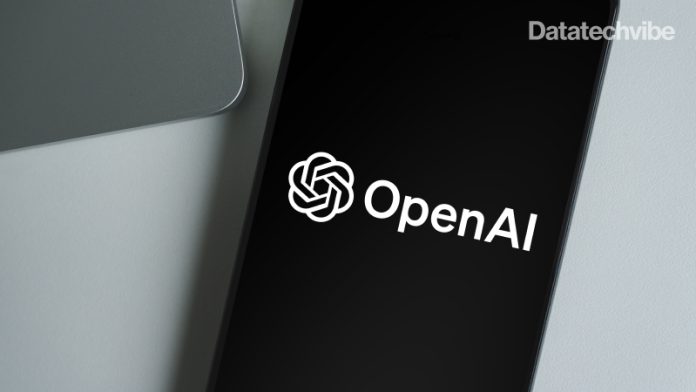In the relevant countries, users can now set up new ChatGPT workspaces with data residency, which will ensure all customer content remains in the region.
OpenAI has made its operation in Asia compliant with data residency requirements.
Announced by the AI lab last week, the data residency guarantee applies to Japan, India, Singapore, and South Korea, and includes the ChatGPT Enterprise and ChatGPT Edu services, as well as OpenAI’s API Platform.
The data residency guarantee in Asia will mean local users can comply with local data sovereignty requirements when using OpenAI products.
In the relevant countries, users can now set up new ChatGPT workspaces with data residency, which will ensure all customer content remains in the region.
Among OpenAI’s customers in the region are Kakao, SoftBank, Grab, and Singapore Airlines, among others.
Earlier this week, OpenAI introduced a new initiative dubbed “OpenAI for Countries,” which is part of its Stargate project.
ALSO READ: Google Adds Gemini Nano AI to Chrome to Fight Against Online Scams
According to a blog post from the company, OpenAI for Countries will seek to help countries across the world set up their own “Stargates and similar projects.”
The initiative will see OpenAI working “in coordination with the US government” and engaging in “formalised infrastructure collaborations” to help countries build “in-country data centre capacity,” provide a customised ChatGPT to citizens, and help make investments in data centre and physical security necessary to keep AI safe.
The company also this week gave up its intention to convert the company into a for-profit business. However, within this, it also reduced the limits on its for-profit subsidiary, enabling the company to become a public benefit corporation (PBC) without a profit cap – essentially what OpenAI had planned to achieve with the initial reorganisation.
The company has since told investors that it will now share a smaller fraction of revenue with its major backer, Microsoft. As reported by The Information, financial projections shared with investors show OpenAI said the percentage of revenue shared with Microsoft would drop by at least half by the end of this decade.
The current deal sees OpenAI sharing 20% of its revenue with Microsoft through 2030.
ALSO READ: Mistral Medium 3 Multimodal AI Model Released, Outperforms Llama 4 Maverick









